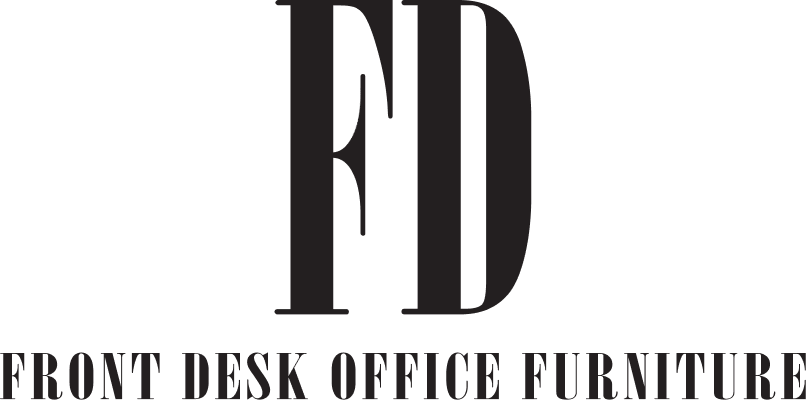In the fast-paced world of modern business, organizations are increasingly recognizing the importance of employee well-being as a key factor in achieving overall success. A crucial yet often overlooked aspect of fostering a healthy work environment is the choice of office furniture. Beyond mere functionality, office furniture plays a significant role in shaping the well-being and productivity of employees. In this blog, we will delve into the ways in which thoughtful selection and design of office furniture can contribute to enhancing the well-being of your workforce.
Ergonomics for Comfort and Health
One of the primary considerations when it comes to office furniture is ergonomics – the science of designing workplace tools to fit the human body. Ergonomically designed chairs, desks, and accessories can significantly reduce the risk of musculoskeletal issues, such as back pain and neck strain, which are common complaints among office workers. Investing in adjustable chairs with lumbar support, height-adjustable desks, and proper keyboard and mouse positioning can contribute to a more comfortable and health-conscious workspace.
Promoting Collaboration With Flexible Workstations
Traditional office layouts often featured static, isolated workstations that limited collaboration and communication among team members. Today’s dynamic work environments call for a more flexible approach. Choosing modular and flexible office furniture allows for easy reconfiguration of workspaces, promoting collaboration and adaptability. This not only fosters a sense of teamwork but also enables employees to choose environments that suit their tasks, enhancing overall job satisfaction.
Natural Elements for Stress Reduction
Incorporating natural elements into office design has been shown to reduce stress and improve overall well-being. Furniture made from natural materials, such as wood or bamboo, can add warmth and a connection to nature to the workspace. Additionally, incorporating plants or greenery into the office can have a positive impact on air quality and create a more calming atmosphere.
Creating Zones for Focus and Relaxation
A well-designed office recognizes the need for both focused work and relaxation. Providing designated spaces for quiet concentration and relaxation can significantly contribute to employee well-being. Comfortable lounge chairs, cozy nooks, and acoustic panels can help create zones that cater to different work styles, allowing employees to recharge and maintain their focus throughout the day.
Technology Integration for Seamless Connectivity
In the digital age, seamless connectivity is crucial for productivity. Integrating technology-friendly office furniture, such as built-in charging stations, cable management solutions, and adjustable monitor arms, can enhance the efficiency of daily tasks. A clutter-free and organized workspace reduces distractions and contributes to a more positive and stress-free work environment.
Conclusion
The importance of employee well-being in the workplace cannot be overstated, and office furniture plays a pivotal role in creating a conducive and supportive environment. By prioritizing ergonomics, flexibility, natural elements, designated zones, and technology integration, organizations can invest in the holistic well-being of their workforce. In doing so, they not only improve employee satisfaction and retention but also set the stage for increased productivity and success in the competitive business landscape.
Our customer satisfaction is higher than our competitors such as Dallas Desk. Contact us today for your office furniture needs in DFW!


